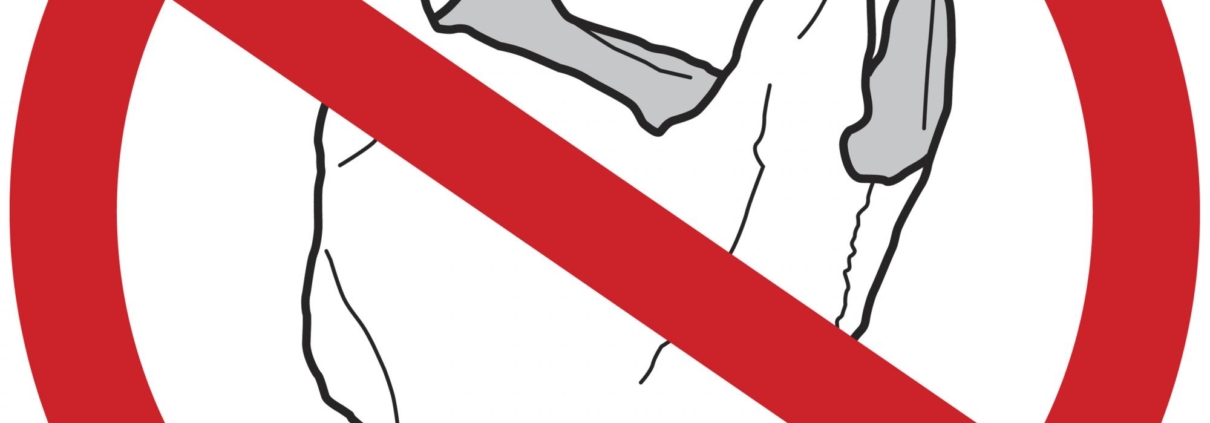Navigating Change in the Customs Brokerage Industry: Technological Advances and Compliance Requirements
The customs brokerage industry is constantly evolving, and there are always new developments that can impact the industry. Some recent trends in the customs brokerage industry include the increasing use of technology to streamline processes and improve efficiency, as well as the impact of trade agreements and changing regulations on international trade. One significant development […]
what you need to consider: Single-use Plastics Prohibition Regulations
The Canadian government has implemented the Single-use Plastics Prohibition Regulations (SUPPR) as a part of its comprehensive strategy to tackle pollution, reach its goal of zero plastic waste by 2030, and decrease greenhouse gas emissions. The Regulations banned the production, importation, and vending of disposable plastic checkout bags, utensils, food packaging crafted from or […]
DH Customs Broker
A customs broker is a licensed professional who helps individuals and businesses navigate the complex process of importing and exporting goods across international borders. Here are some advantages of using a customs broker: Expertise and Knowledge: Customs brokers are trained professionals with extensive knowledge of customs laws, regulations, and procedures. They can help you understand […]
FBA & Overseas Warehouse Differences
FBA, which is Fulfillment by Amazon, means that the sellers send the products sold on Amazon to the local warehouse directly.When the customer places an order, the Amazon system completes the delivery automatically. Overseas warehouses refer to storage facilities established overseas. Cross-border e-commerce enterprises export goods to overseas warehouses in batches according to the general […]





